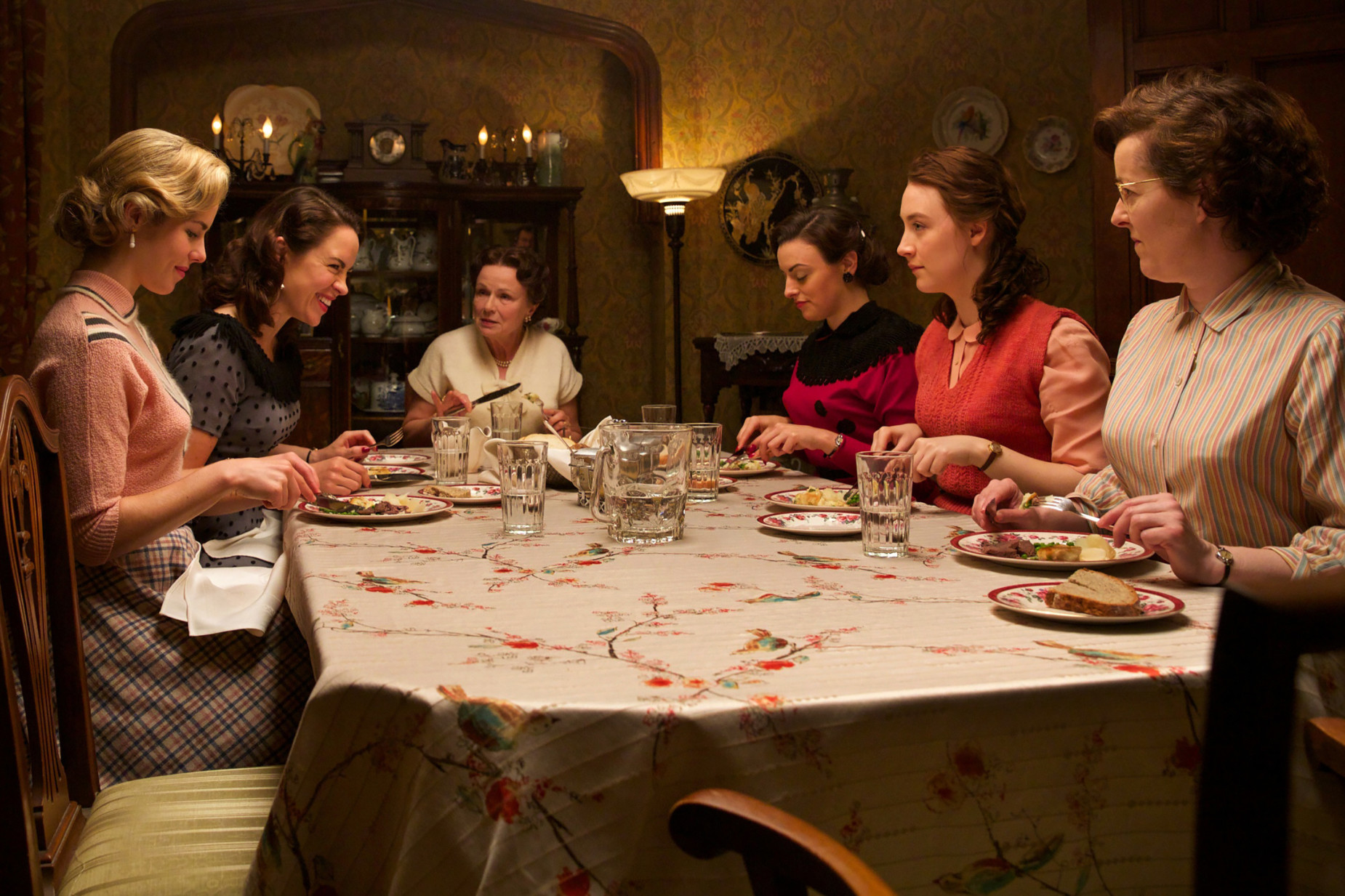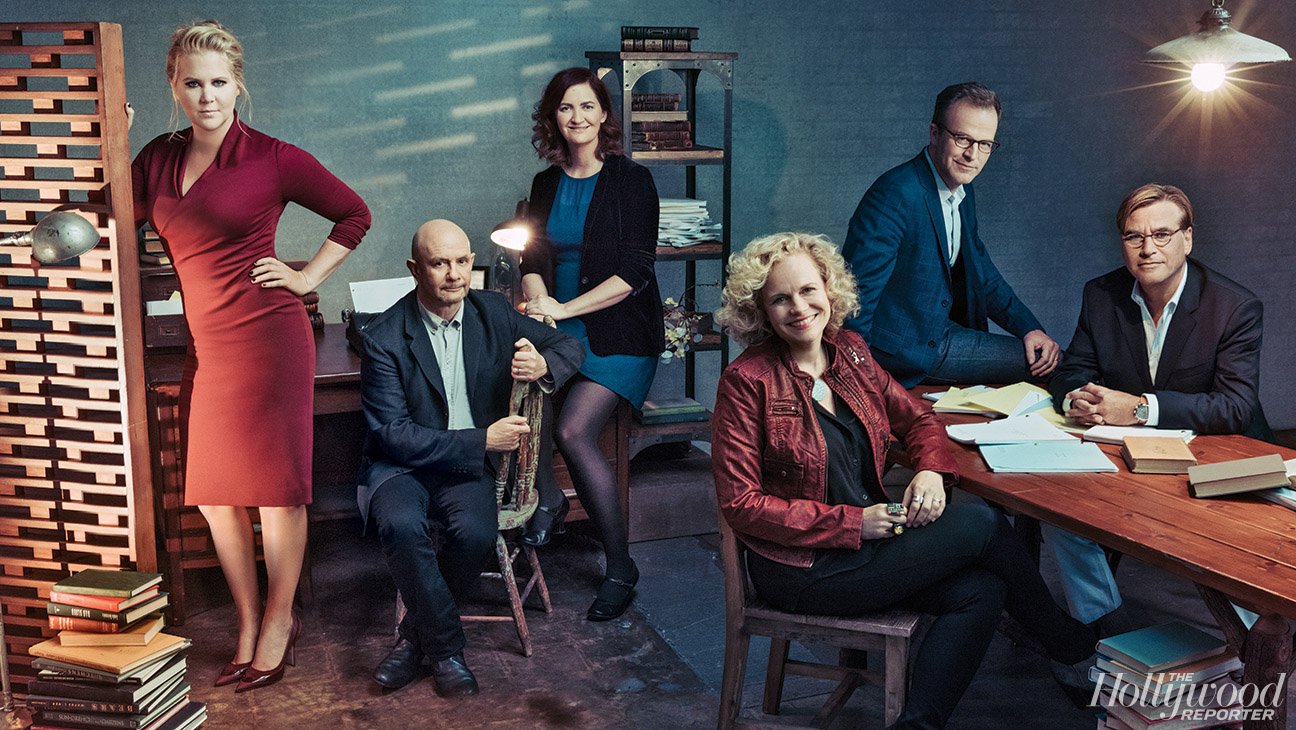Ava DuVernay, the Year's Best Christmas Gift
 Friday, December 25, 2015 at 2:00PM
Friday, December 25, 2015 at 2:00PM One of TFE's cinematic heroes Ava DuVernay -- she made our top ten list with both of her recent films in 2012 & 2014 respectively -- had a tremendous year in 2015. She kicked it off with a Golden Globe Best Director nomination, a hit film in theaters (Selma) and she ended it immortalized in collector Barbie doll form via Mattel. The Mattel doll sold out in less than an hour earlier this month. And when Amazon briefly offered more of them they sold out just as quickly.







